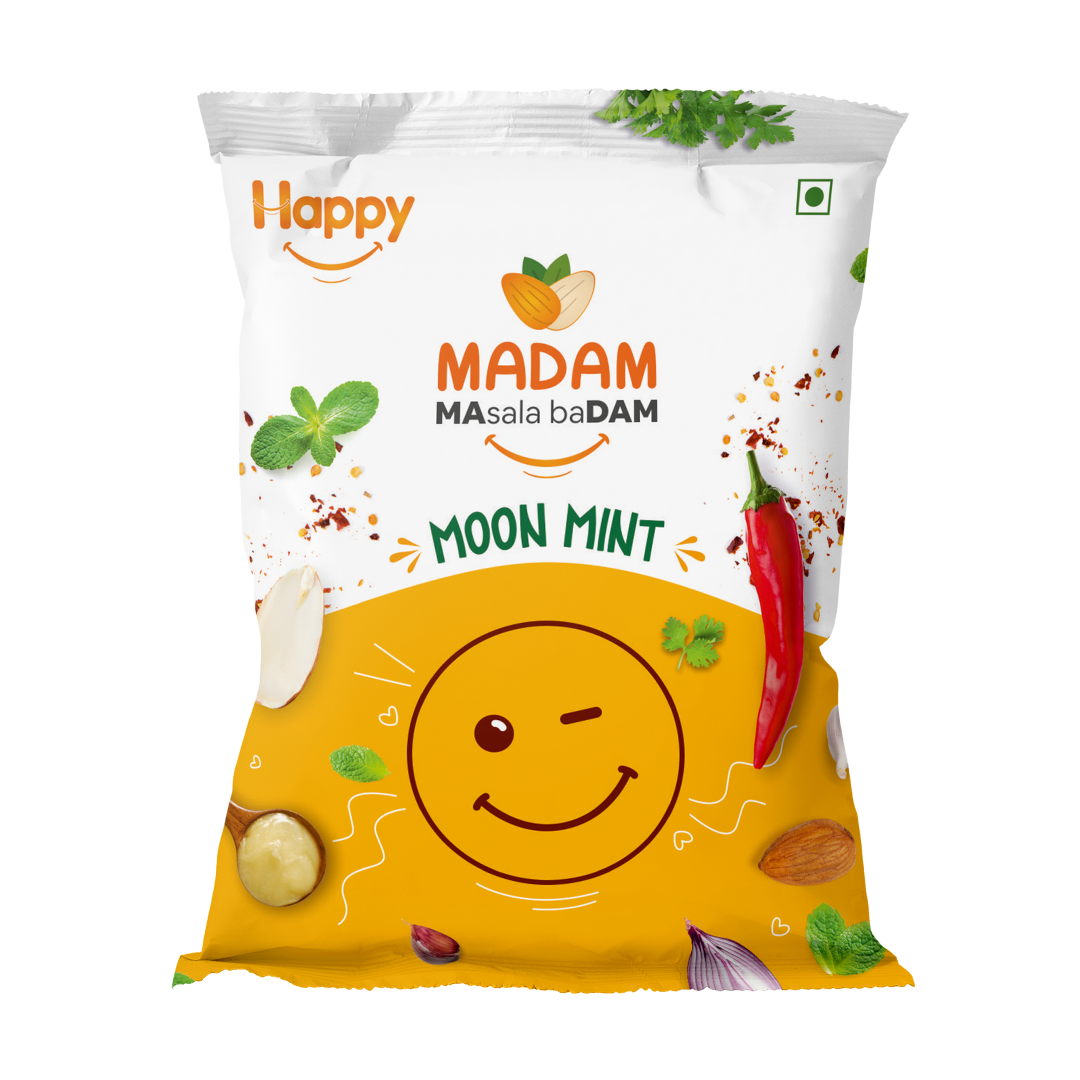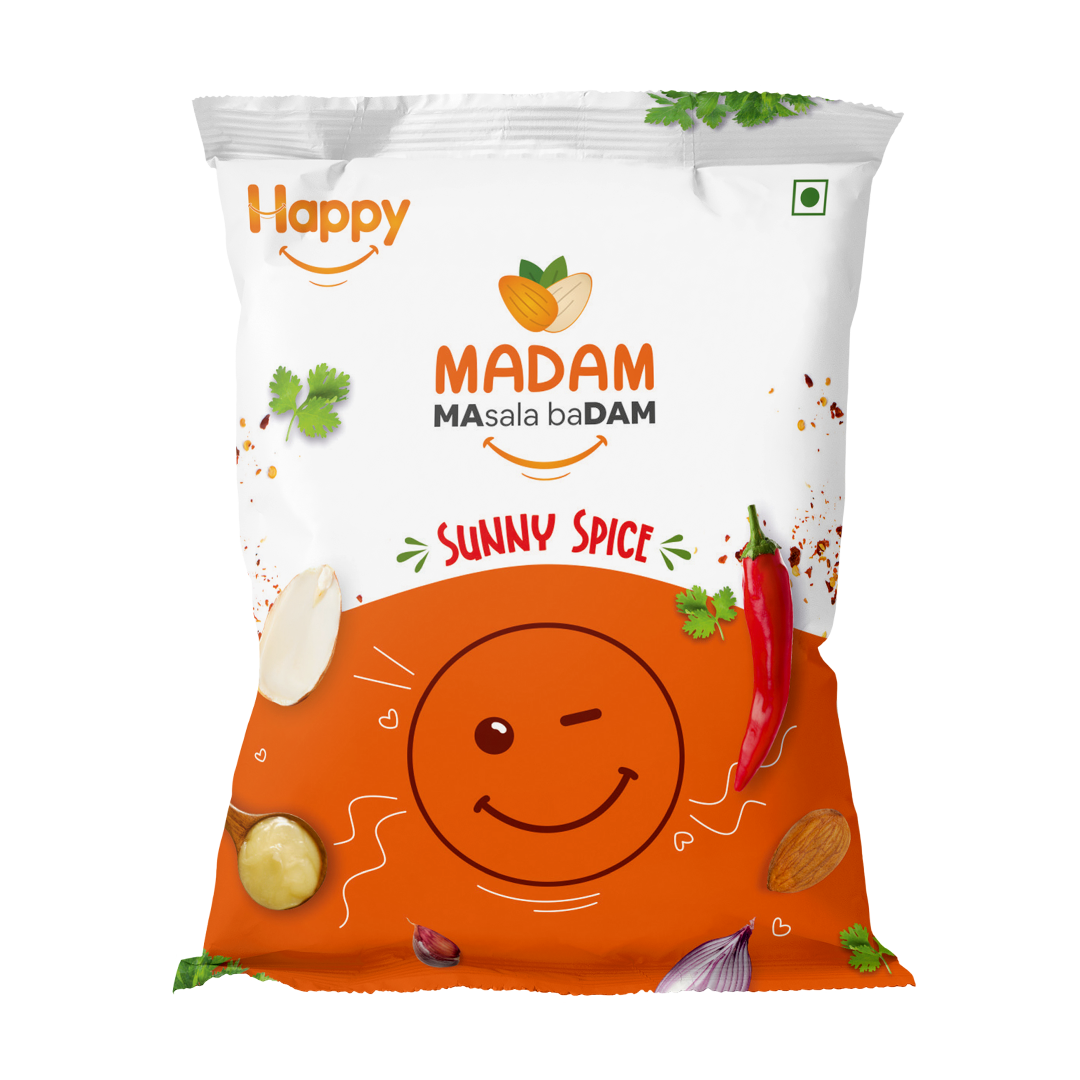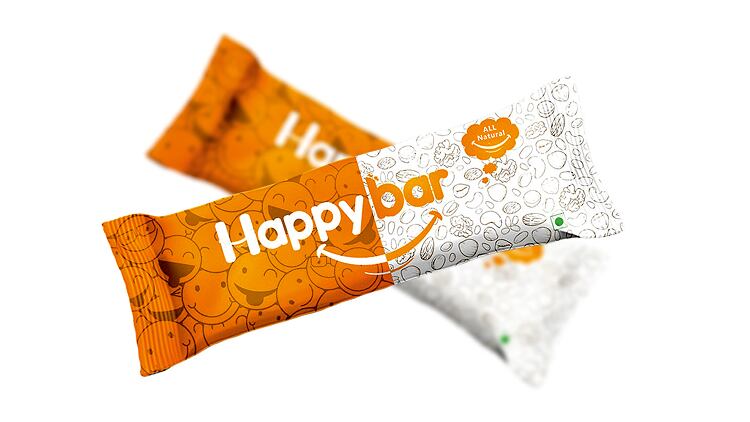The development comes as the nearly two-year-old company, Fitsport Nutrition Foods, hit its milestone of having sold one million Happy Bars.
The Hyderabad-based firm currently has only one SKU under the Happy Bars brand. The product is an energy bar mainly made of seeds and nuts, such as almonds, pistachios, sunflower seeds, pumpkin seeds, as well as cow ghee, dates, and jaggery.
It is said to be an all-natural product containing no sugar, preservatives, and additives.
For its upcoming protein bar known as Happy Bars – Sport, the company will be using whey protein to make the product, while the vegan bar, known as Happy Bars – Coco will be made with plant proteins.
The company declined to reveal further about the types of plant protein used but said that ghee – which is clarified butter from dairy – would be removed, while coconut would be added to provide flavour.
Aside from Happy Bars, the company also sells snacks consisting of roasted almonds, pistachios, sunflower seeds, pumpkin seeds mixed with herbs under the brand Happy Madam. There are two variants with different flavours under this product.

Speaking to NutraIngredients-Asia, head of alliances, Kamini Jha, said veganism has been booming in India recently, although most of the population were vegetarians.
“Veganism is not a new concept in India. I will say more than half of the population in India are vegetarians but also consume dairy products such as ghee, which is part of our culture,” she said, adding that veganism would however, require dairy products to be removed from the diet.
While there are consumers who follow veganism religiously, there are also those who adopt veganism because it is in trend and fashionable to do so, she pointed out.
Veganism aside, she highlighted that COVID-19 has also led to more consuming packaged snacks. Due to the pandemic, the company’s sales had grown by 150 per cent.

“We have seen a shift from consuming deep-fried street foods/snacks such as samosa, to eating packaged healthy snacks,” she said.
A reason, she explained, was because consumers were concerned about food hygiene and wanted to reduce person-to-person contact, and hence, packaged healthy snacks have became an alternative.
Consumers of the original Happy Bars came from diverse backgrounds, she said, ranging from parents searching for healthy snacks for their kids to athletes seeking a light treat after a workout.
Currently, the products are mainly promoted via social media, sold via e-commerce platforms such as Amazon, Flipkart over India, as well as available offline channels mainly in South India.
The energy bars are currently sold in vending machines in over 2,000 hospitals, office pantries, and schools in South India, and there are plans to sell the product in airports as well.
While health is an important concern, she highlighted that taste was nonetheless, the ultimate factor in deciding a product’s popularity.
“Taste is an important factor behind our product’s popularity. This is also a reason why we have been able to convert consumers of other brands to our customers.”
As for the reason for using nuts and seeds to make the energy bars, she explained that that was to avoid competing in the already saturated oats/rice crispy categories.
Expansion
By the end of the next quarter, the company expects to sell its energy bars offline in 15 to 20 major cities in West and North India.
The company is already in the process of doing so, with the bars equipped in over 100 vending machines in North India.
“We are expanding in phases. We will go for about 15 to 20 major cities in West and North India, gather the market reaction and feedback, before going into the tier two and three cities,” Kamini Jha said.
Outside of India, the company has been receiving orders from the US, South Asia, and Middle East.
While the priority now is to develop the domestic market, the company is also open to expanding to the above overseas markets in Q3 this year.


